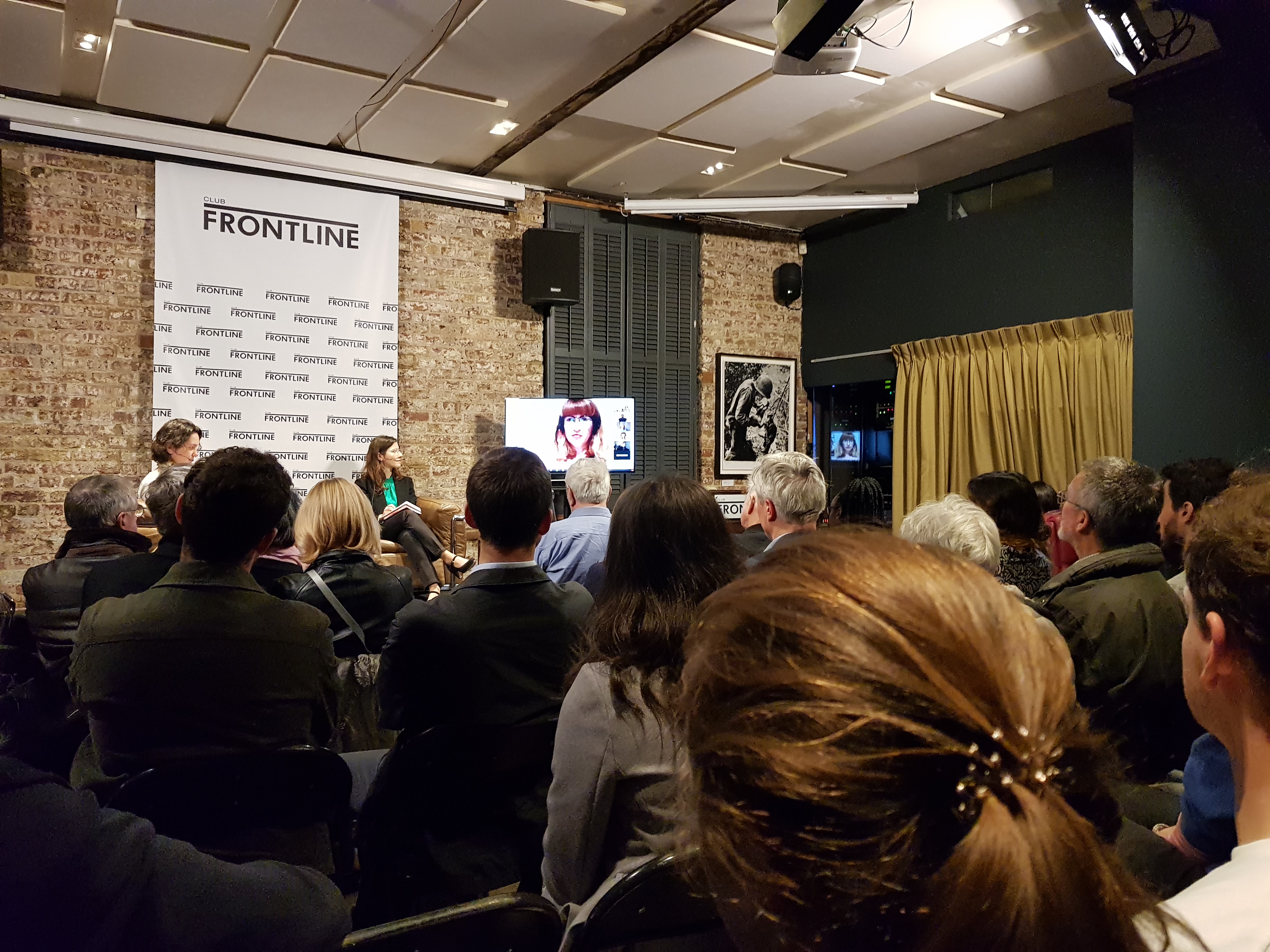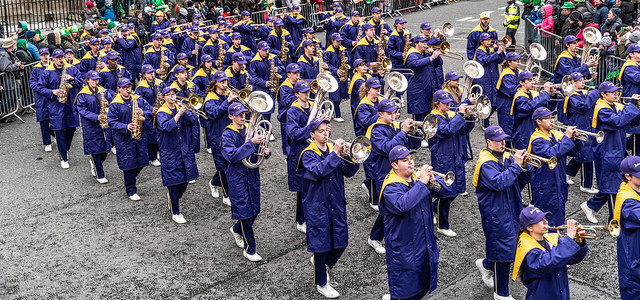The Irish Medical Organisation (IMO) described the country’s existing work permit and visa system for non-EU doctors as ‘overly onerous and significantly costly’ during its Annual General Meeting (AGM) in April. The IMO said the system needs ‘drastic changes’ if Ireland wants to attract top medical talent.
Responding to a system that places non-EU doctors on rotation, forcing them to reapply for a new work permit or an Irish work visa in some cases, every three months, the IMO unanimously passed a motion to lobby the Health and Justice Department.
In a bid to cut costs and administrative red tape, the IMO has called for the introduction of a specific visa program for non-EU doctors. Under the existing system, the Irish work permits of foreign doctors from outside Europe are restricted to the site they are working on.
Consequently, interns on rotation could potentially have to submit an application and pay for a new Irish work permit every time they switch jobs.
According to a report published by the Irish Medical Times, ‘a doctor working in Cork University Hospital who is sent on rotation to Mallow General would have to apply for a new work permit, despite the fact that the employer (the Health & Safety Executive - HSE) remains the same and both hospitals are in the same Hospital Group.
Cost to renew Irish work visa, expensive
Addressing delegates at the IMO’s AGM, Dr Hwei Lin Chua, a member of the IMO Non-Consultant Hospital Doctor (NCHD) Committee said that ‘obtaining a visa from the Garda National Immigration Bureau (GNIB) costs €300. To renew the visa four times per would cost non-EU workers €1,200, costs which they have to pay from their own pockets.’
Costs for NCHDs could escalate further still if they have family members living in Ireland. According to Dr Chua, the GNIB work visa is linked to the length of a doctor’s employment contract and the nature of that contract, which sees doctors shifting from site to site, means that the GNIB views each rotation as a new contract.
To add insult to injury, Dr Chua claims that NCHDs are forced to take unpaid leave from work to deal with onerous administrative process involved with renewing an Irish work visa.
A matter of employment law
Professor Cillian Twomey, an IMO trustee and retired geriatrician, told delegates at the AGM that ‘officials claiming this to be a matter of employment law simply isn’t good enough.’ He said: “The situation is a disgrace and we should do something about it, it’s more than employment law and EU law. I strongly support the IMO’s motion.”
A related motion was also passed during the IMO’s AGM, urging the HSE and the Department of Health to introduce an ‘acclimatisation programme for non-Irish graduates starting work in Ireland.’
According to the Irish Medical Times report, the IMO has demanded a ‘paid induction period, plus appropriate support and information on work and cultural practices as well as local amenities.




